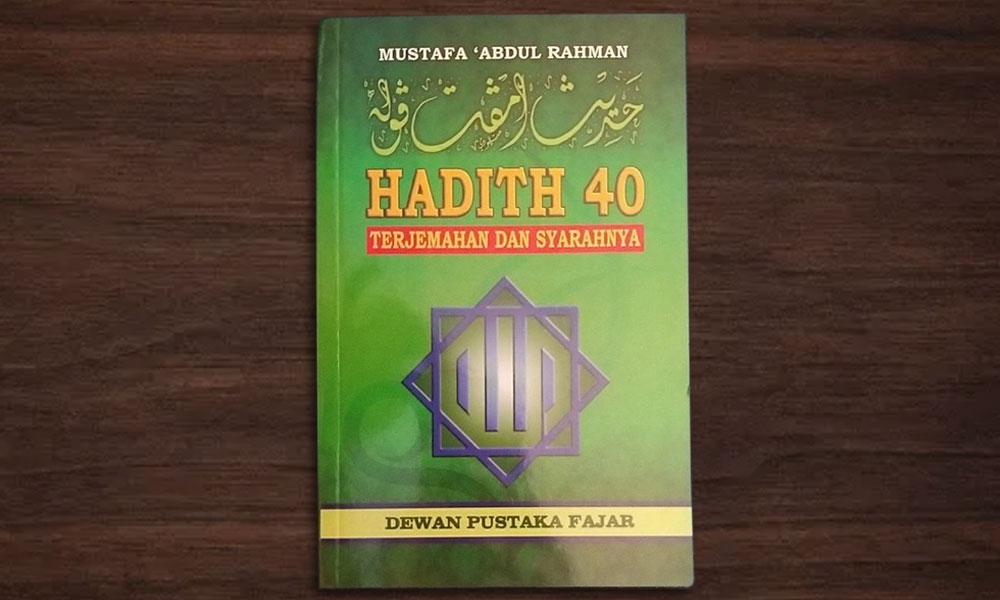
Let concerns on ‘40 Hadiths’ module be heard, MCA tells Umno Youth
MCA vice-president Ti Lian Ker has urged Umno Youth chief Akmal Saleh to have the humility and respect to hear concerns about the government’s plan to roll out the “Imam Al-Nawawi 40 Hadith” appreciation module to public schools.
This came after Akmal (above, right) vowed that anyone - whether friend or foe - must be prepared to face opposition from the Umno Youth if they question the plan.
“[Akmal’s statement] sounds ‘brutish’ and ‘uncouth’ and it is this Umno Youth’s mannerisms that have damaged Umno and BN public image in the eyes and minds of the fair-minded Malaysians of all races,” Ti (above, left) said in a statement today.
He said BN is a coalition that embraces diversity and tolerance, while Article 10 of the Federal Constitution - which enshrines the freedom of expression - gives the right for all citizens to enquire, question or debate government policies.
“Akmal must practice humility and respect for the law and constitution by allowing concerned parents, religious leaders, NGOs, etc, to seek clarification on the mode, extent, and substance of the module.
“Similarly, all Malaysians must respect Islam as the official religion but at the same time must be vigilant towards ‘political Islam’ as this trend during the 80s and 90s has brought tremendous damage and changed the fabric of the nation as it was more a political agenda and not religious agenda.
“Politics can be damaging. Politicians using religion is dangerous and causes hardship and social calamities.
“This was proven historically in the dark age where politicians who used religion have a propensity for intolerance and persecution conducted by the secular powers for their own political ends,” Ti said.
He added that when the Malaysian Consultative Council on Buddhism, Christianity, Hinduism, Sikhism and Taoism (MCCBCHST) and MCA president Wee Ka Siong questioned the programme, it was done out of a genuine concern for all.

In particular, he said Wee was concerned by the programme’s portrayal as a pilot programme that would be expanded, which caused confusion and sought clarification.
“These were genuine concerns and rights that should be respected,” he said.
‘For Muslims only’
He also pointed out that even Prime Minister Anwar Ibrahim has listened to these concerns and tried to explain the issue and assured the public that the module is for Muslim teachers and students only, instead of responding in a manner that is “antagonistic, disrespectful and arrogant”.
Previously, Bernama reported that the Education Ministry developed the module upon Anwar’s recommendation, who wanted the hadith to be taught in schools.
The module will be introduced in National Religious Secondary Schools (SMKA) and Government-funded Religious Schools (SABK) before being rolled out to other public schools. The Bernama report did not specify the module is for Muslim students only.
This caused groups such as the MCCBCHST to voice concern that non-Muslims will have to learn the module as well. The Education Ministry later clarified that non-Muslim students would not be taught the module, and they will be given Moral Education classes instead.
Akmal, meanwhile, voiced support for the introduction of the module to Muslim students and echoed it will not be imposed on non-Muslim students.
“So, do not question efforts to foster Islamic religious knowledge in school.
“If there is anyone who questions – whether friend or foe – face Umno Youth first. Period,” he said in a Facebook post yesterday.
Earlier today, Harian Metro reported that Wee is satisfied with Anwar’s explanation, saying that earlier reports gave the impression the module would be expanded beyond religious schools.
In the first place, it is curious why non Malay/Muslim parents still send their children to national schools.
ReplyDeleteThe standards in national schools surely are inferior to vernacular schools judging by the growth of malay students in vernacular schools.
Is it because the fees in vernacular schools are much higher? Or are the schools located conveniently nearby where they live?
Or because their children will usually do very well vis-a-vis Malay students? Like the saying "big fish in a small pond".
Notwithstanding, that this hadith episode does show the arrogance of UMNO Youth and disdain it has for its allies.
Ultimately, it might be better to just convert national schools into madrasahs so there will be no arguments about the number of periods allocated to learning the Quran and hadiths.
Non muslims has the vernacular schools option.